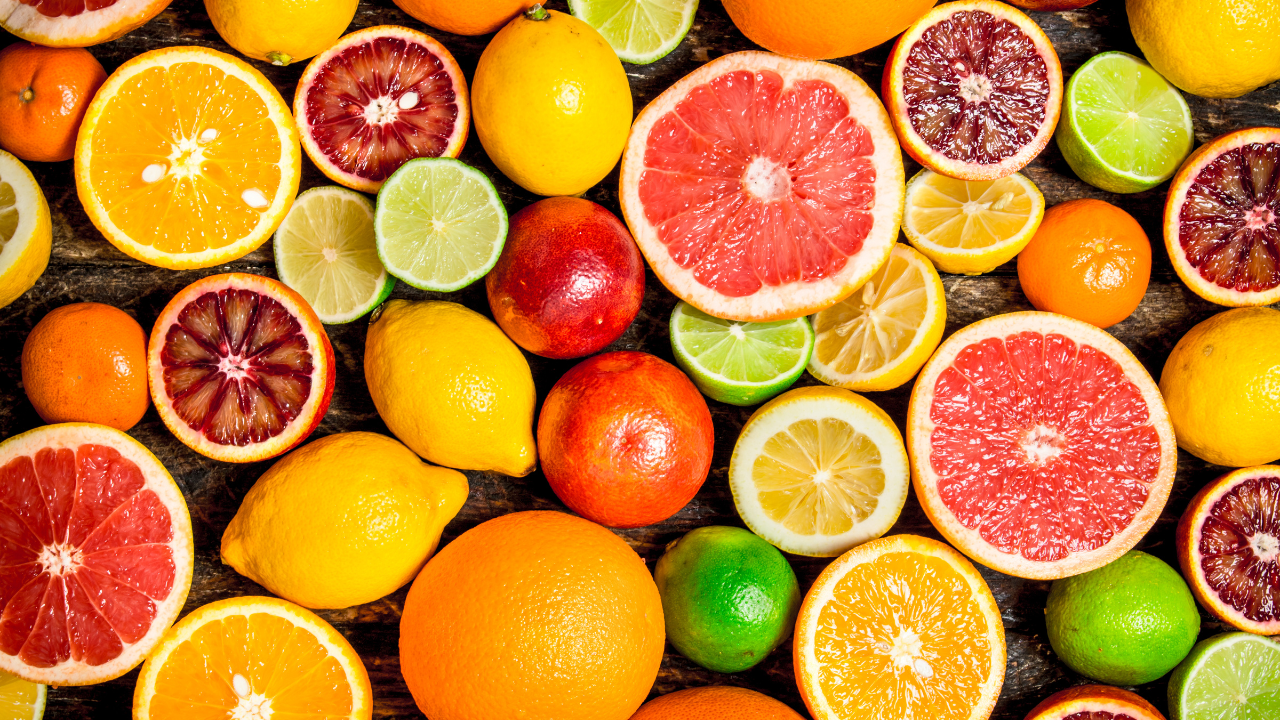How to Meet Your Nutritional Needs During Chronic Diarrhea

When you have chronic diarrhea, eating can feel like a gamble. One wrong meal and you're rushing to the bathroom—again. However, while managing symptoms is a top priority, staying nourished is just as important.
Constant diarrhea puts you at risk for dehydration, nutrient deficiencies, and fatigue, making it harder for your body to recover.
So how do you make sure you’re getting enough nutrition without making symptoms worse? The key is focusing on foods that are gentle on digestion, provide essential nutrients, and keep you feeling stable.
Why Chronic Diarrhea Puts You at Risk for Deficiencies
Diarrhea isn’t just an inconvenience—it prevents your body from absorbing nutrients properly. When food moves too quickly through the digestive tract, your gut doesn’t have enough time to break it down and absorb vitamins, minerals, and fluids.
This can lead to:
- Dehydration – Frequent, watery stools mean you’re losing more fluids than you can replace.
- Electrolyte imbalances – Minerals like sodium, potassium, and magnesium are lost through diarrhea, leading to weakness, dizziness, and muscle cramps.
- Low energy levels – Poor nutrient absorption can leave you feeling constantly tired, sluggish, and foggy.
- Deficiencies in key vitamins and minerals – Chronic diarrhea can cause low levels of iron, zinc, B vitamins, and fat-soluble vitamins (A, D, E, and K), affecting everything from immune function to bone health.
If you’re dealing with ongoing digestive issues, your diet needs to do more than just minimize symptoms—it has to actively replenish what your body is losing.
What to Eat for Better Nutrient Absorption
When your gut is struggling, certain foods will help you meet your nutritional needs without worsening diarrhea, while others will hinder your recovery.
Best Foods for Chronic Diarrhea
To replenish lost nutrients while keeping digestion stable, focus on:
✔️ Easily digestible proteins – Scrambled eggs, tofu, soft-cooked chicken, and well-cooked lentils provide protein without straining digestion.
✔️ Low-fiber carbs – White rice, potatoes (without skin), sourdough toast, and ripe bananas help slow stool movement and provide quick energy.
✔️ Hydrating fluids with electrolytes – Coconut water, diluted fruit juice, herbal teas, and homemade broths help replace lost minerals.
✔️ Healthy fats that don’t overwhelm the gut – Avocado, nut butters, and small amounts of olive oil provide essential fats while being easier to digest than fried or greasy foods.
✔️ Gentle, cooked vegetables – Zucchini, carrots, and pumpkin (well-cooked and peeled) offer vitamins without irritating the gut.
Foods That Can Make Diarrhea Worse
Some foods may seem healthy but can intensify symptoms for people with IBS, SIBO, or sensitive digestion:
❌ High-fiber foods – While fiber is important, too much insoluble fiber (from raw veggies, whole grains, and nuts) can speed up digestion too much.
❌ Dairy products – Many people with IBS have temporary lactose intolerance during flare-ups. Even if you tolerate dairy normally, it might be best to pause milk, cheese, and cream-based foods when symptoms are bad.
❌ Artificial sweeteners – Sorbitol, mannitol, and xylitol (often found in sugar-free gum, mints, and diet sodas) can pull water into the intestines, worsening diarrhea.
❌ Caffeinated drinks – Coffee and strong tea stimulate the gut, making symptoms harder to control.
How to Rebuild Gut Strength Over Time
Once symptoms stabilize, gradually reintroducing more fiber and nutrient-dense foods can help restore gut health and improve long-term digestion.
Here’s how:
-
Introduce fiber slowly – Start with small portions of soluble fiber foods like oats, peeled apples, and chia seeds before adding more variety.
-
Support gut bacteria – A diverse diet with probiotic-rich foods (like dairy-free yogurt or fermented veggies) can help rebuild a strong microbiome.
-
Test food tolerance carefully – If a food caused issues before, try a small amount when your gut is calm to see if it’s still a trigger.
A Balanced Approach to IBS and Nutrition
Managing chronic diarrhea isn’t just about avoiding certain foods—it’s about actively replenishing what your body needs. The right approach can reduce symptoms, restore energy, and help your gut recover without constant discomfort.
If you’re tired of guessing what’s safe to eat, it’s time for a Personalized IBS & SIBO-Friendly Meal Plan—a guide designed to help you get the nutrition you need while keeping your gut happy.
Get yours today and take the stress out of eating!



